Invest in Sustainable Food Choices
In recognition of World Earth Day on the 22nd of April, we have focused this article on the impact that food has on our climate and how you can invest in sustainable food choices to help reduce the effects of climate change.
Firstly, it is important that we understand what climate change is. It is the change in temperature of our planet, which causes a dramatic increase in natural disasters such as floods, wildfires, hurricanes, and droughts. (1) The main causes of climate change are the emissions of greenhouse gases (GHG), predominantly carbon dioxide (C02) and methane, as they absorb infrared radiation and trap heat in the atmosphere. Climate change is largely caused by human activity. In fact, at present our food systems contribute to 20-30% of global GHG emissions. (2)
Certain foods are more sustainable than others, both in terms of their water and carbon footprint. The water footprint considers both direct and indirect water use of a process, product, company, or sector, as well as including water consumption and pollution over the entire production cycle. (3) A carbon footprint is the total amount of GHG produced to support human activities directly and indirectly. This is usually expressed in equivalent tons of C02. (4)
To help you start eating more sustainably we are sharing some of our top tips below.
Try adopting a flexitarian approach to eating, which is when a person eats mostly plant-based foods, but also eats meat and other animal products in moderation – to find out more on this approach here, check out our blog on flexitarianism.
Buy seasonal fruit and vegetables (to know what is in season check out Bord Bia’s calendar.
Eat locally sourced foods
Grow your own fruit, vegetables, and herbs in a vegetable patch if you have the space, or look up where your nearest allotment is located
Buy produce with as little packaging as possible, ideally this packaging should be either biodegradable or recyclable
Use animal proteins with lower GHG emitters & adhere to a high standard of animal welfare eg organic chicken/turkey, MSC fish
Choose organic or Fairtrade foods where possible
Keep food waste to a minimum- some ideas on how to reduce food waste include;
Put the skins of pineapple/watermelon/melon in a jar of water with a tap to make flavoured water
Make soup with vegetables that have are slightly gone off, instead of throwing them out
Shop smart by making a shopping list of what you plan to eat that week, and stick to that to avoid buying food that will be wasted
So, this April, why not try out a flexitarian diet, starting with our super tasty climate friendly barley risotto with lemony roast cauliflower, a recipe that is both good for you and the planet!

